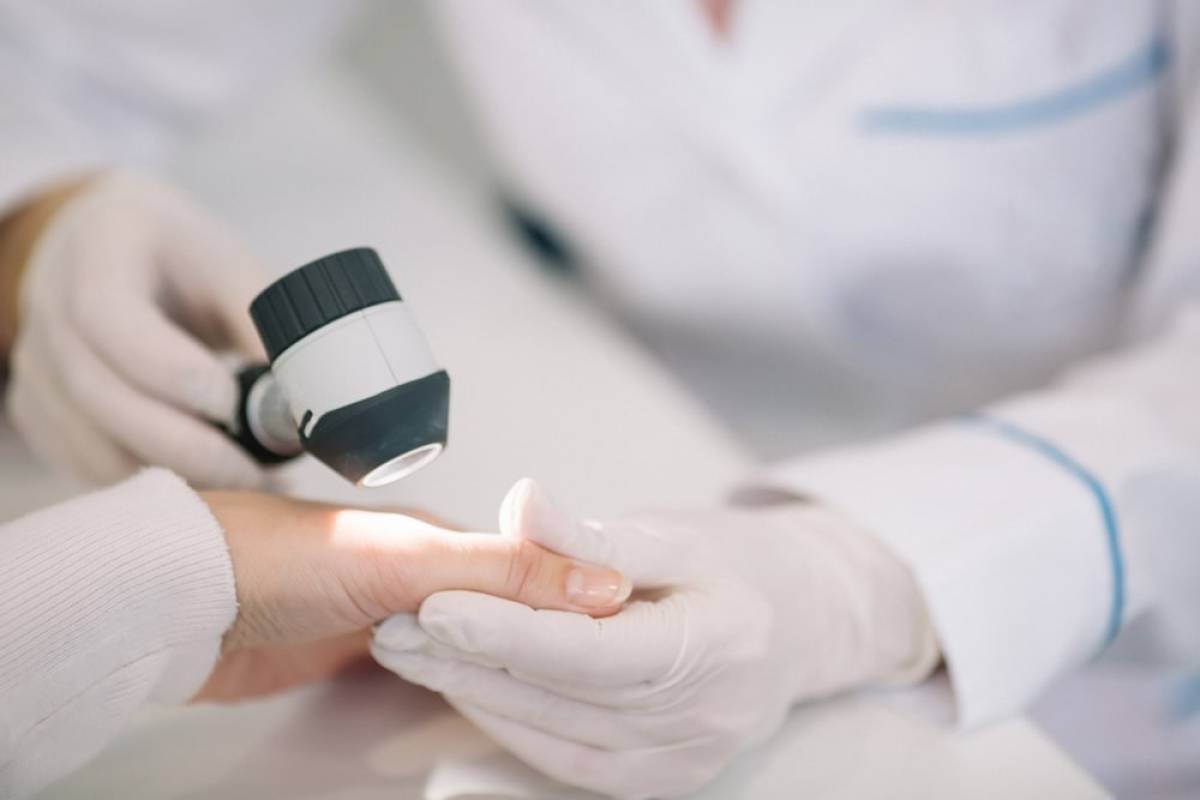
Alopecia

Treatment Duration
60΄
Alopecia & Hair Loss
The healthy, rich and elegant ear, a symbol of beauty and strength since ancient times, continues to be an undeniable element of aesthetics in the modern image of women and men.
The concern caused by hair loss today drives millions of people around the world to the dermatologist's office.
Alopecia is a condition that is very often behind hair loss in otherwise healthy people, affecting their self-confidence and quality of life.
Normal Hair Loss
Hair loss is basically a normal process. It is considered normal to lose 50 to 100 hairs a day, which usually goes unnoticed as some hair falls out and others grow. When this balance is disturbed the hair loss becomes noticeable and it is good to be investigated by the specialist doctor who is the dermatologist.
What is Alopecia?
Alopecia refers to hair loss both on the head and on other parts of the body such as the eyebrows, eyelashes, trunk and limbs.
It can be temporary or permanent, like so-called male pattern baldness, affect only the scalp or the whole body, be a mild thinning or total loss of hair.
The progression of alopecia is unpredictable. Several patients, however, see their hair grow back afterward without any treatment.
Hair loss is usually not alarming and does not indicate any life-threatening condition. However, early diagnosis by the specialist doctor is necessary even before the simplest treatment.
Alopecia & Various Types
Depending on the clinical picture presented by alopecia, it is divided into the following types:
Androgenetic Alopecia
Her name may refer to men, but it applies to both sexes. In women it appears on the top of the head, while men gradually lose hair from the forehead, temples and top of the head.
Areata Alopecia
It is an autoimmune condition (the immune system "attacks its own hair follicles"). This is a sudden loss of hair in parts of the head or body. It has a hereditary predisposition, while it affects both sexes, even children under 10 years old. Its course is different for each person.
Diffuse Alopecia
It is characterized by a gradual thinning of the hair and a decrease in its density. Factors responsible for the appearance of widespread alopecia are related to severe physical or psychological stress, such as pregnancy, taking drugs such as contraceptives and is usually temporary.
Ulcerative Alopecia
It refers to permanent hair loss resulting from a condition that has damaged the hair follicle and created a scar.

Alopecia & Causes
The list of causes of alopecia is long. It starts with heredity and the genetic factor, continues with hormonal disorders, such as polycystic ovary syndrome, some drugs or supplements, chemotherapy and reaches anxiety and stressful situations,
Also, a scalp infection can cause small inflamed areas and hair loss.
It is also common, a few months after pregnancy or after some illness, to notice hair loss, which is temporary.
Hair loss can also be caused by the lack of specific vitamins and elements from the diet such as iron, biotin and zinc.
Reasons leading to the Doctor
Early diagnosis and early treatment is also very important for the treatment of alopecia. Thus, a visit to the doctor is necessary when one notices:
- Sudden hair loss.
- Unusually large amounts of hair on the brush, on the pillow or in the bathtub.
- Receding in the frontal hairline.
- "Patches" due to hair loss.
Alopecia & Diagnosis
The specialist doctor is able to know the reason for the hair loss, after the clinical examination and the taking of a detailed history, while he can also request hematological or more specialized tests, such as the hair rhizogram, trichoscopy and sometimes a skin biopsy.
Modern technology today provides capabilities such as Fargon's genetic TrichoTest which individualizes the treatment of each case by analyzing 48 genetic variants in the 13 genes found to be associated with hair loss.
TrichoTest is done once and is completely painless for the patient.
The diagnostic value of TrichoTest is decisive in choosing the right treatment for each case, saving time and money.
Διαβάστε επίσης...

Alopecia Treatment
The dermatologist's diagnosis is very important for the effective treatment of hair loss, as a possible other disease must be ruled out or, if present, treated and identified the type of alopecia the patient is suffering from.
Depending on the case, the doctor may recommend local treatment or oral medication as well as invasive treatments, such as autologous PRP mesotherapy. Autologous mesotherapy is considered one of the most modern and effective treatments for treating alopecia, of course after a doctor's recommendation, as it is aimed at specific categories of patients.
Finally, it is important to know that even in the case of alopecia there is no one treatment that works for everyone.

Frequent Questions
What kind of alopecia do I have?
Is Alopecia Contagious?
I notice gaps between my hair. Could I have cancer?
Does stress affect the appearance of alopecia?
Could medications or my daily habits be contributing to the persistent hair loss I'm seeing?
Bibliography
- Hellenic Dermatology Society
- https://www.nhs.uk/conditions/hair-loss/
- https://my.clevelandclinic.org/health/diseases/12423-alopecia-areata

